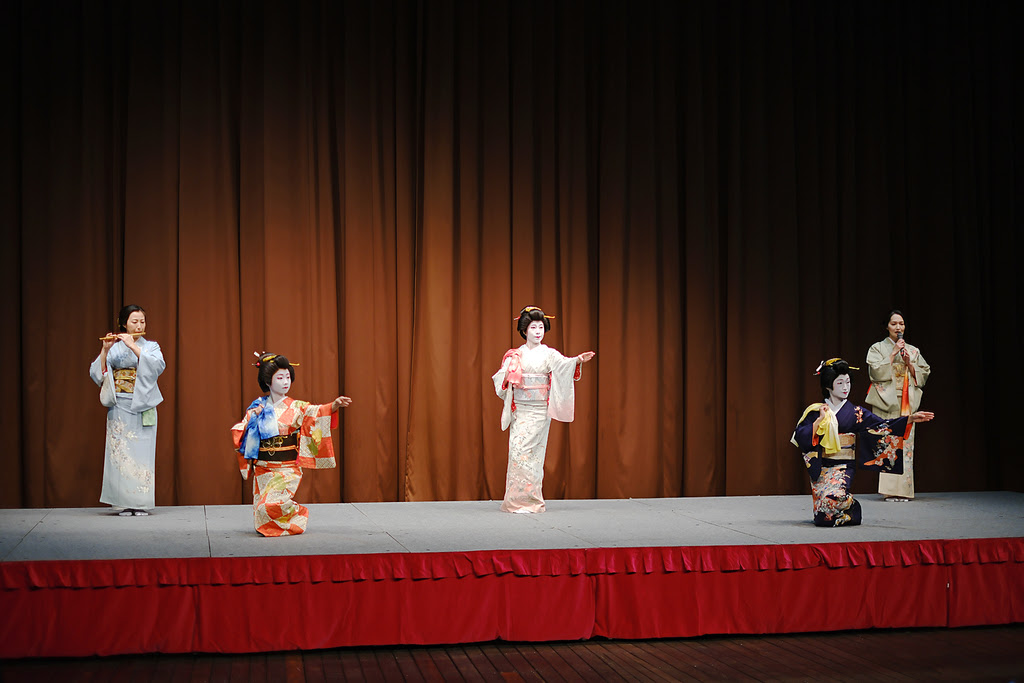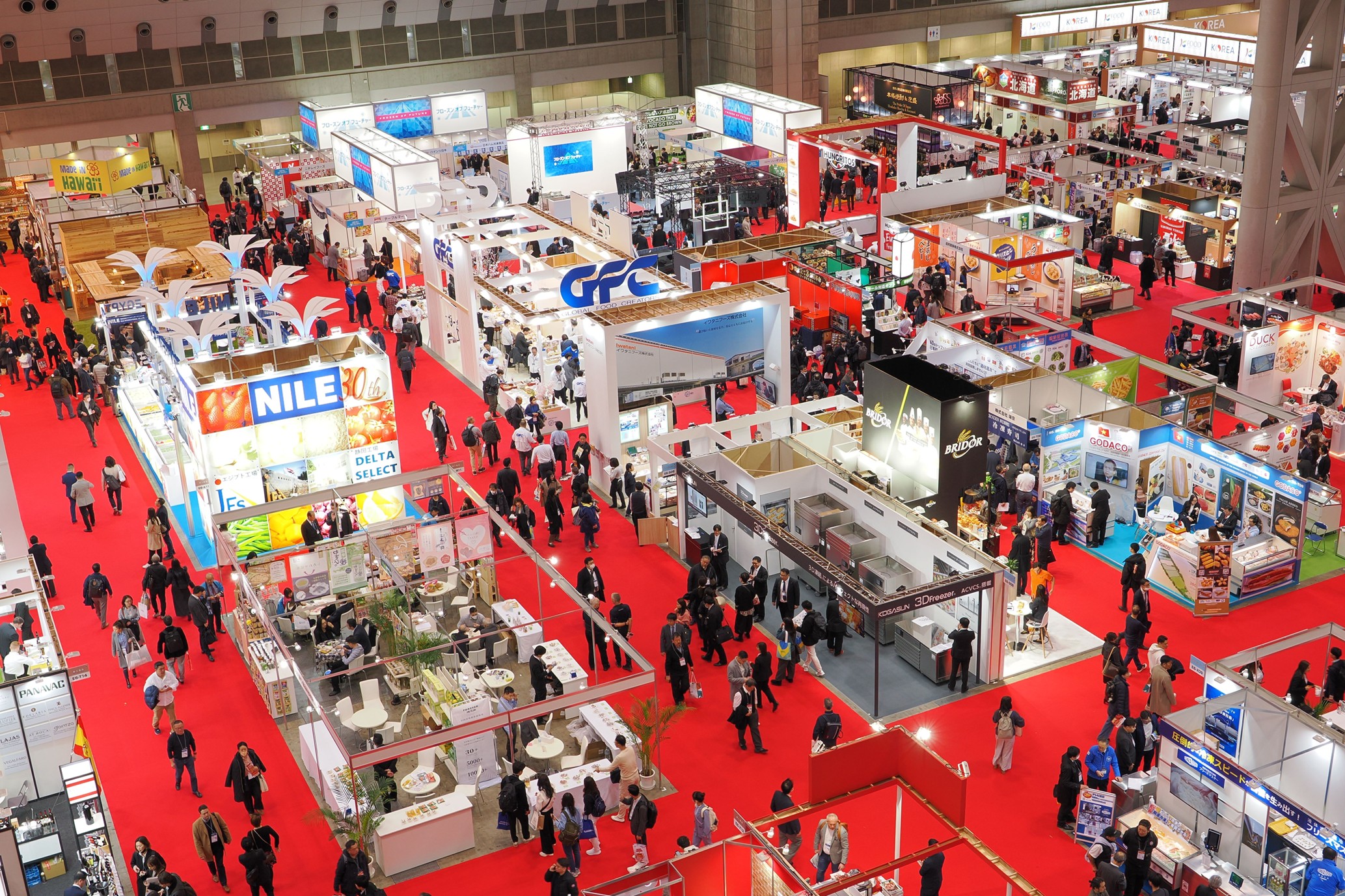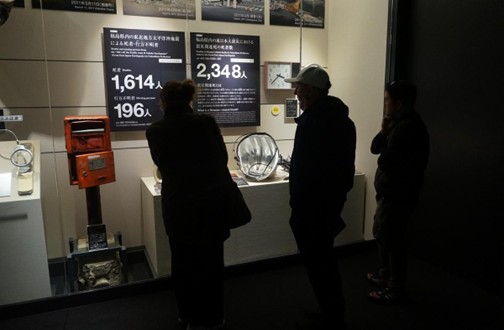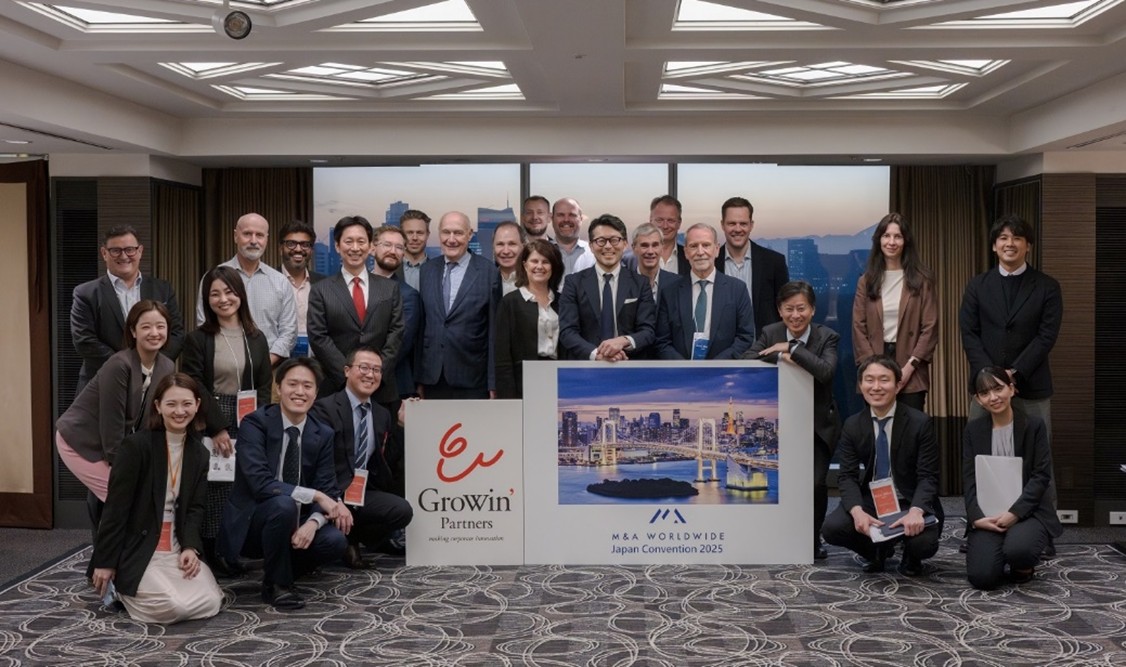From October 1st, 2023, KADOKAWA CORPORATION (Headquarters: Chiyoda-ku, Tokyo; CEO: Takeshi Natsuno; hereinafter “KADOKAWA”) has introduced “Temporary Remote Work Policy from Home Country” for non-Japanese employees as part of its measures to strengthen recruitment and retention of global human resources.
Under this policy, non-Japanese employees can work remotely from their home countries where their nationalities belong for up to 90 days in a financial year, which is about 1/3 of the average number of working days per year.
KADOKAWA’s basic strategy is to promote “Global Media Mix with Technology”. The core of this strategy is the stable creation of Intellectual Property (IP) from a diverse portfolio and the further utilization of technology to expand these IPs worldwide. As overseas business accelerates, the importance of employees with global vision who act as a bridge between Japan and overseas offices is increasing. KADOKAWA is also focusing on creating a more flexible working environment for non-Japanese employees working in Japan.
Until now, non-Japanese employees working in Japan have faced particular problems, such as loneliness caused by not being able to see their families and friends in their home countries for long periods of time. Therefore, in response to the requests from employees, KADOKAWA introduced this policy, which allows them to work remotely in their home countries even in non-urgent situations. This policy aims to increase job satisfaction among global staff by enabling them to keep in contact with their home countries and families, as well as providing mental and environmental incentives for them to work in a Japanese company.
Outline of the Policy
・Name: Temporary Remote Work Policy from Home Country
・Date of introduction: October 1st, 2023
・Eligibility: Regular employees, contract employees with non-Japanese nationality
・Period: Up to 3 times per financial year, for a maximum of 30 days each time (total of up to 90 days* per year)
* As the maximum length of stay for which tax liability arises varies by country, the upper limit is set at 90 days, for which tax can be exempted in a majority of countries. Depending on the actual situations and feedback from the applicants of the policy, the period will be regularly reviewed and adjusted flexibly.
・Working location: Only the country where the applicant’s passport was issued from can be accepted for application. As a general rule, applicants have to work from their local home.
・Reason for application: No restrictions
・Working hours: 7 hours from 5:00 to 22:00 at local time (flextime)
* As a general rule, applicants have to follow the same working style as the remote work policy in Japan.
Interviews of non-Japanese employees who have used this policy in a pilot test
Taiwanese Employee (40’s)
(1) For what purposes did you use the policy?
“I have been away from my home country and have been living in Tokyo for a long time. For the past few years, I had hardly been able to attend important annual events for my family, such as my parents’ birthdays and family grave visits. I felt lonely because I had become separated from my family, both physically and mentally. In addition, I was worried about my health because I could not easily consult with my doctor, who is in my home country. That’s why I decided to make use of the policy.”
(2) How did you feel when you actually used the policy?
“I worked remotely from home on weekdays, so there is no difference from the working life in Japan. I felt satisfied that I could spend time with my family at home on the weekends. Moreover, when I worked remotely at home, my parents could see how I work from close by, and this provides them with an opportunity to understand what kind of work I am doing in Japan.”
Chinese Employee (30’s)
(1) For what purposes did you use the policy?
“It was difficult for me to return home during the pandemic, and I was not able to see my family for several years for this reason. When I finally got the chance to return home after such a long period, I decided to make use of this policy, hoping to spend as much time with my family as possible.”
(2) How did you feel when you actually used the policy?
“I really appreciated that I was able to learn the local trends and changes first-hand while I worked remotely in China. Using the advantages of being at the forefront of the Chinese market, I was able to conduct fieldwork, so as to gather the latest information and initiate some new projects. I have heard that this policy is not common in other Japanese companies, so I am very grateful that I have the chance to benefit from this policy to the fullest.”
KADOKAWA believes that motivating employees and maximizing their creativity are the key to achieving further progress in the entertainment industry. KADOKAWA will continue to respond swiftly to the changes in society and to identify issues and needs through employee satisfaction surveys as well as active communications with employees. KADOKAWA strives to create an environment where every employee from diverse backgrounds can work autonomously as a professional and demonstrate their creativity.
KADOKAWA’s approach in creating a pleasant working environment
https://group.kadokawa.co.jp/global/ir/esg/social/working_environment.html
About KADOKAWA CORPORATION
KADOKAWA CORPORATION develops a wide range of entertainment including publication, videos, games, Web services, education, operating IP experiential facilities such as TOKOROZAWA SAKURA TOWN. By utilizing technology, KADOKAWA CORPORATION implements a global media mix strategy, focusing on stable Intellectual Property (IP) creation and delivering it to the world in a variety of forms.
https://group.kadokawa.co.jp/global/
For Inquiries and Media Requests
Investor and Public Relations Division, KADOKAWA Co.







